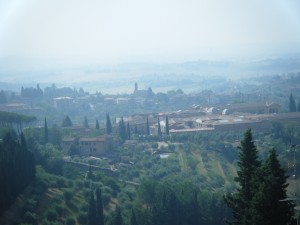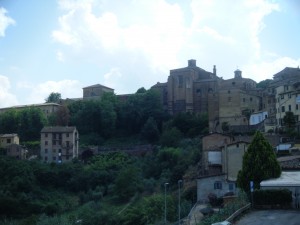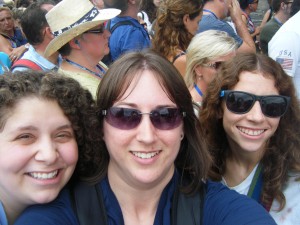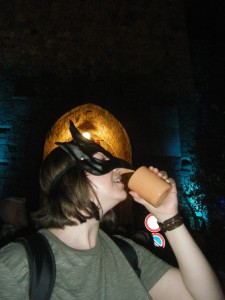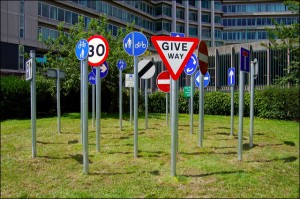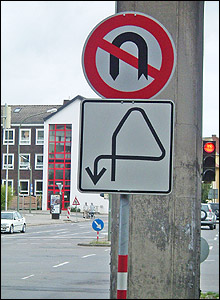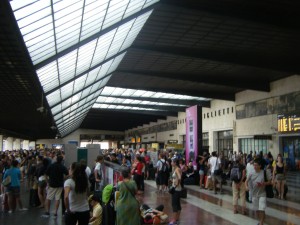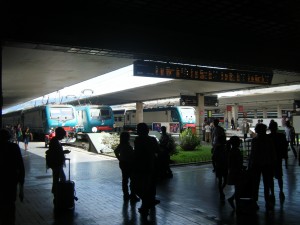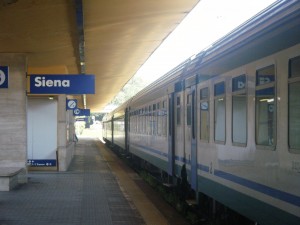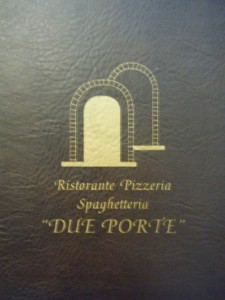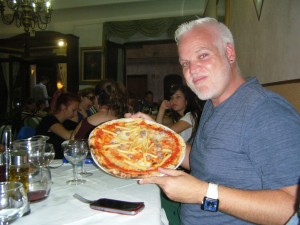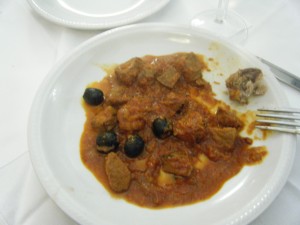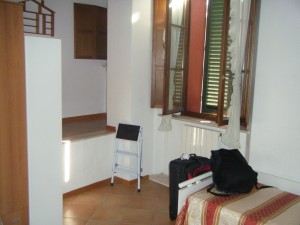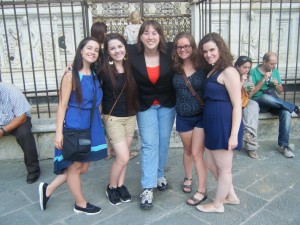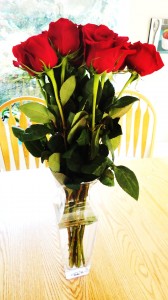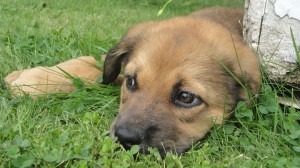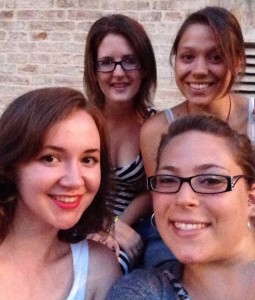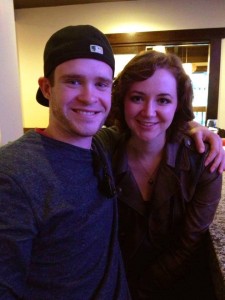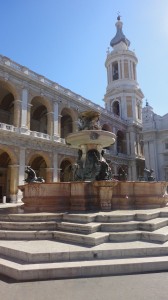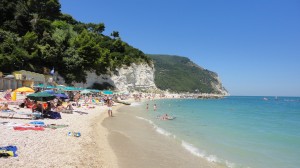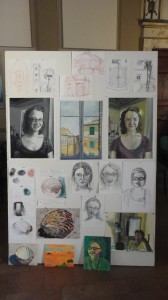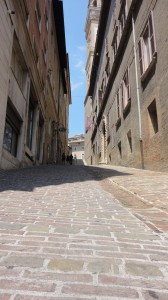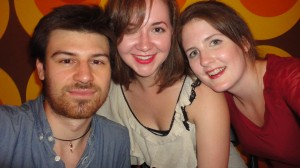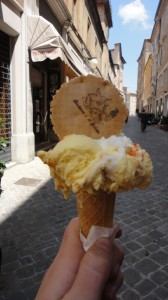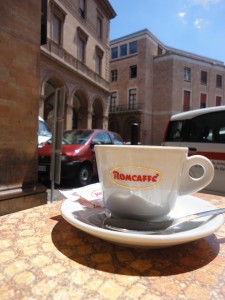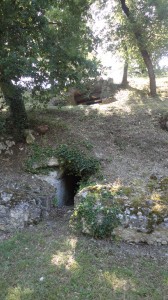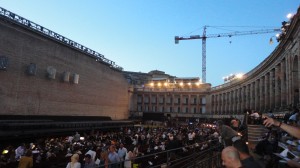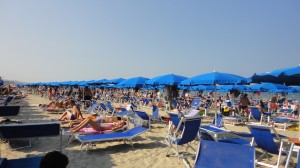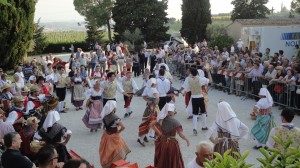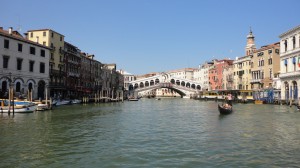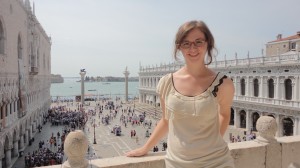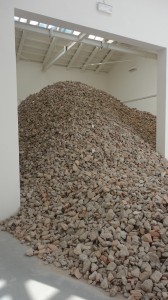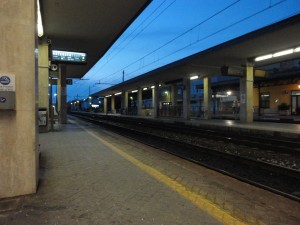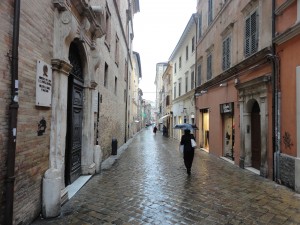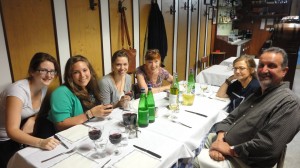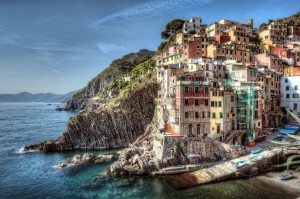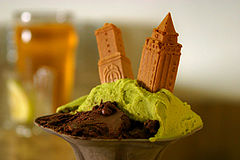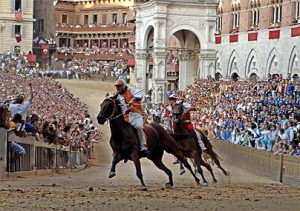The first week of classes in Siena was different from classes at WOU. We spent more hours in class (three to four hours each), and yet, everything was very laid back. What do I mean by laid back? Side conversations were allowed as long as you participated in the class and got the information being taught; students were allowed to miss up to three classes if there were areas of Italy you wanted to go see as long as you cleared it with the instructor first; and late payments were accepted for the program provided you could assure the school you were good for the payments. All-in-all, laid back.
I participated in three classes: Spoken Italian, Signed Italian (LIS), and Italian Deaf Culture and History. Spoken Italian is similar in structure to Spanish with much of the vocabulary sounding almost the same. Deaf History was a bit difficult because much of what was taught is not history yet; it’s happening now. Events U.S. Deaf culture went through decades ago are only just happening in Italy or have not yet occured. Signed Italian was my favorite. I found it easy to pick up and retain. Although I am home now, I still practice what we were taught.
Here are a few photos to show you what the streets, building architecture, and views were around Siena. I was and am still jealous of the view from the classrooms and student lounge in the Siena school…Why can’t we have this in WOU?
When the school day was done, a few of us in the program would wander around the city, exploring. I have so many pictures of Italian buildings ranging from the entire structure to panels smaller than a silver dollar; but, there is no way I can fit them all here. Sufice it to say future posts will have excellent examples of Italian architecture.
Our first weekend was occupied with a Deaf social in the school’s courtyard where we met our Italian counterparts. While we were there to learn Italian Sign (LIS), they were learing American Sign (ASL). Both parties spent a few hours botching each other’s languages and we had a blast laughing at each other.
The next day, all the study abroad students went to a medevil festival in Monteriggioni which was a hour or so from Siena by bus. All I can say is I had a blast! There were perfromances, music, shops, crafts, weapons, nobles, peasants, clergy, food, wine, and so much more! The girl in the photo above on the left is named Kristie and, bless her, she wanted to travel around the festival with me that day. I’m afraid I wore her out. By nightfall, she was begging that we stop and sit down for a bit. Haha, hours spent wandering the small town’s streets and we still didn’t manage to see everything.
Currency in Italy is the Euro. Monteriggioni is a protected town in that everyone who lives there, lives the way people did hundreds of years ago. They even have their own currency. When we first arrived at the festival, we had to exchange our euros for grossi. One small, gold coin is called a grosso and is equal to one euro. The values are one grosso, two grossi, and five grossi. They are all coins ranging from the smaller one grosso coin up to the larger five grossi coin. In the picture, I did not have the smaller coin but there are examples of the the other two values. 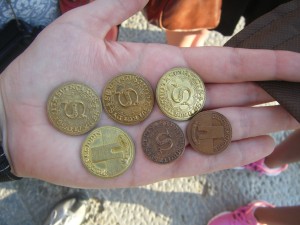 The copper coins are worth two grossi, the gold are worth five each. There are no paper bills in Monteriggioni…it was a nice change from the dollar system and felt refreshing.
The copper coins are worth two grossi, the gold are worth five each. There are no paper bills in Monteriggioni…it was a nice change from the dollar system and felt refreshing.
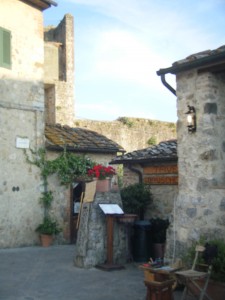 Kristie and I explored this side street and found a pillory. A type of medevil stock for the punishment and humiliation of those who were guilty of one crime or another. Usually something akin to theft. The criminal would be locked into the pillory and passerby were encouraged to throw rotten fruit, eggs, excrement, and so on at the immobilized person. One of our school’s representatives happened to walk up behind me when I stuck my head in the pillory, locked it and walked away…har har. She came back after a few minutes and let me out though so it’s ok.
Kristie and I explored this side street and found a pillory. A type of medevil stock for the punishment and humiliation of those who were guilty of one crime or another. Usually something akin to theft. The criminal would be locked into the pillory and passerby were encouraged to throw rotten fruit, eggs, excrement, and so on at the immobilized person. One of our school’s representatives happened to walk up behind me when I stuck my head in the pillory, locked it and walked away…har har. She came back after a few minutes and let me out though so it’s ok. 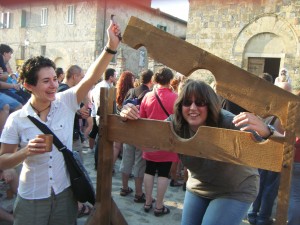
That evening, we bought dinner for about five grossi and it was delicious. I had a vegetarian dish with a ginger paste that made my mouth water. Not gonna lie, I drooled a bit. Ah, something I found really cool there, most tourist traps that we know of serve drinks in plastic or styrofoam cups, right? Not there. Drinks were served in handmade, clay cups. If you bought a drink, you kept the cup with you and could refill it with whatever you wanted later for a cheaper price.
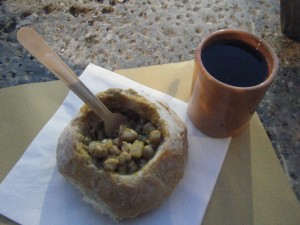 Clay cups and wooden forks were all hand made.
Clay cups and wooden forks were all hand made.
Funny little story, I just wanted the cup and not the wine inside ( I don’t like wine, I know, shame on me) so I purchased a cup of very cheap wine, found some potted plants in an obscure corner and (yep, you guessed it) “watered” the plants. Kristie was with me and told one of our instructors about it who proceeded to look horrified, then disappointed and, fianlly, called for a moment of silence for the poor wine. It was the shortest funeral in history. We had a good time of it.

